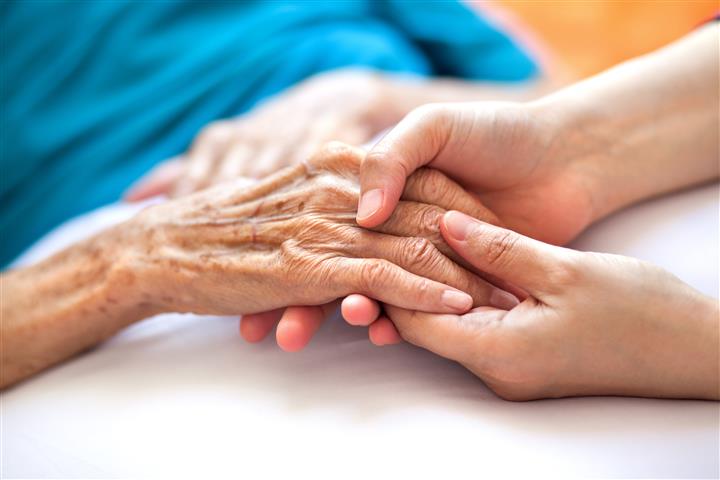May 25, 2021
Resource Roundup: Helpful Guides on Alzheimer’s Disease
Family & Caregiver,
Memory & Brain Health,
Senior Health & Wellness

When a loved one starts showing changes in behavior and becomes forgetful and easily confused, the possibility of Alzheimer’s disease or another form of dementia is difficult to face. These resources can serve as a starting point for your questions and help you identify the best and most appropriate care as quickly as possible.
Related Posts

Podcast: A Day in the Life at Era Living – Resident Diane Miller
April 5, 2024 | Podcasts

Podcast: Advocating for Retirees in Senior Living
April 1, 2024 | Podcasts

Podcast: How Art Exhibits Enhance Senior Living
April 1, 2024 | Podcasts
